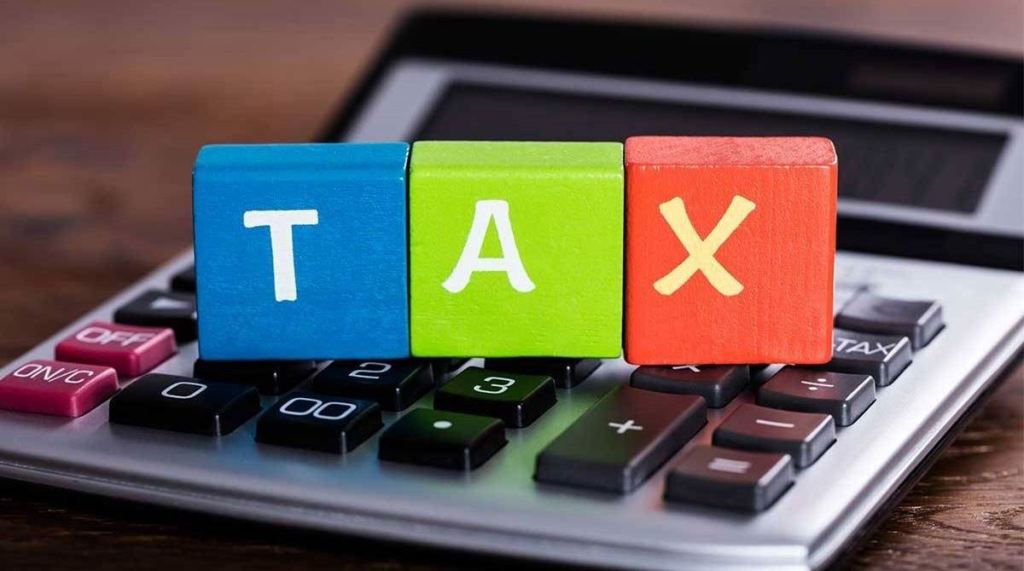By Sudhir Kapadia
In keeping with her precedent of brevity in speech and preciseness of communication, finance minister Nirmala Sitharaman has managed the simply impossible task of rendering a symphony of soothing tax proposals (with few jarring notes) in her record breaking seventh consecutive Budget. Some of her key notes are as follows:
Personal income tax
As expected, some reliefs have been provided at lower income tax slabs in the new regime with projected savings up to Rs 17,500 per individual. However, it remains to be seen whether these measures are sufficient to significantly accelerate consumption spending in the economy. The proposal to increase the exemption limit for employers contribution to NPS is a long awaited welcome move.
Capital markets
In continuation of rationalisation of tax treatment of investments in debt mutual funds announced in last year’s Budget, a more extensive overhaul is proposed this year. There will now be just two holding periods to classify an asset as ‘long term’, namely 12 months (for all listed securities) and 24 months (for all other assets), respectively. This will be beneficial for units of listed business trusts which were hitherto required to be held for 36 months to qualify as a long-term asset.
Simultaneously, the short-term capital gains tax rate on listed securities is increased from 15% to 20%. Also, in place of varying rates of long-term capital gains tax, ranging from 10% to 20% (with benefit of indexation available for some assets), a single rate of 12.5% is now proposed for all long- term assets.
There is also the apprehension of ‘creeping increase’ in future after retaining the rate of 10% for six years since its introduction. Interestingly, while the lower rate of long-term capital gains tax of 12.5% is attractive for gold and real estate investors, removal of indexation benefits may actually result in higher tax incidence for investors holding these assets for very long periods of time.
TDS rationalisation
Whilst the larger demand for a transformative overhaul of TDS structure still awaits action, a significant step of steep reduction from 5% to 2% in respect of commissions, rent, etc is proposed. Hopefully, a more transformative change will be carried out in due course as significant working capital cash flows get impacted due to higher TDS rates on domestic transactions.
Business tax measures to promote investments
The much-debated and discussed ‘angel tax’ in the form of tax on share premium of private companies has finally been given a resting place from where it will hopefully not be resurrected in future Budgets. This is clearly one more welcome step to ease business and tax compliances for the startup sector. The proposed reduction in tax rate for foreign companies from 40% to 35% will especially help in critical emerging sectors of the economy where the need to attract foreign technology is much greater.
Similarly, the presumptive taxation for cruise ship operations by non-residents should attract more international cruises in India, which is currently being bypassed. The removal of equalisation levy and steep reduction in TDS rate on e-commerce transactions should greatly benefit companies in this sector as well as the ecosystem of suppliers and customers. Finally, the announcement of a voluntary dispute mechanism for direct tax disputes will prove highly beneficial in clearing past disputes if crafted in a conducive and simple manner.
(The author is the senior Advisor at EY India. Views are personal.)

